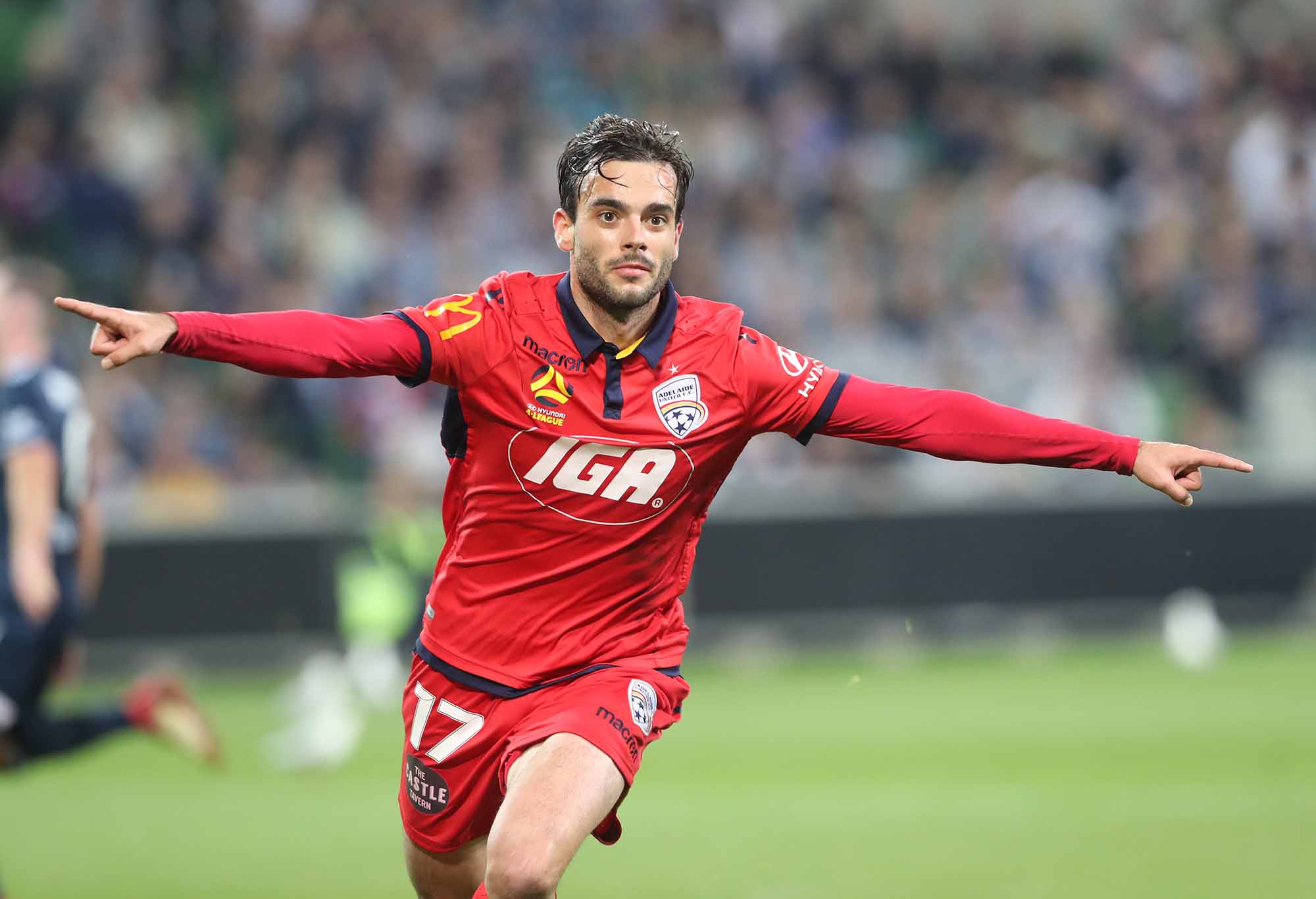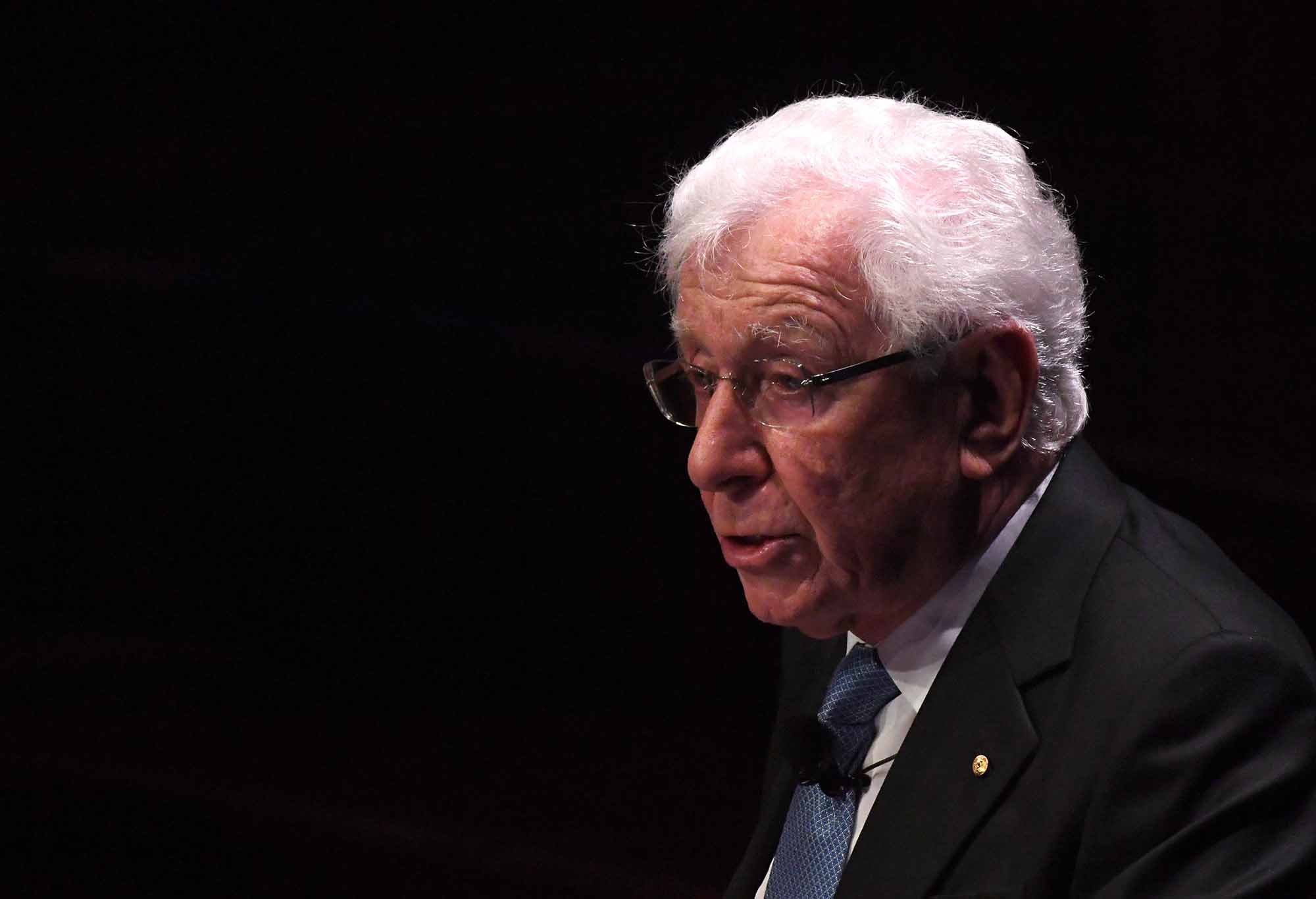Every country where football is played professionally has its own version of #SokkahTwitter, but without a doubt the Australian version is the most interesting of them all.
In this small community you can laugh, get angry, analyse the tactics of each team, discuss if this or that player is the best forward in the league, and plenty more.
In addition, and this is something typical of Australian football, in no other place does soccer receive so many malicious attacks by the mainstream media.
In this situation, the tribe of soccer acts together defending the sport they love so much. It is almost a sociological phenomenon – it is certainly worthy of being studied.
Through the #SokkahTwitter you can meet interesting people, build links that go beyond a simple exchange on social networks. You can start talking about Besart Berisha and then move on to more important, deeper topics.
At such a momentous time for Aussie soccer, this community acts as a parameter for those who in less than a month should take the reins of the Football Federation Australia.
Many people are referents in this social network, their opinion is valued, their voice is the voice of thousands of fans who want to have a stronger football, better managed, more popular.
Now, the problem with this digital community is that it easily tends to fall into extreme positions.

The A-League has come a long way since the NSL days. (AAP Image/David Crosling)
The sides here are well determined. In one corner we have the ‘Bitter Enders’, those who still talk about the glory days of the old National Soccer League, where everything was purer, where one could really be a member of a club, where football matches were actually a social event where the community could participate and be itself.
On the other corner are the ‘New Believers’, those who ponder the professionalism of the A-League, the exponential growth that the sport has had over the past fifteen years, the increase in the number of fans, the renowned figures who have played in the league, etcetera.
The only coincidence between these sides is that they do not agree on anything. They repel each other, they deny each other, they do not respect each other.
If democracy requires debate, consensus and patience, both groups choose to insult, disparage and destroy all possible links between ‘old soccer’ and ‘new football’. It is paradoxical that two such antagonistic positions have such a similar dynamic.
The Bitter Enders speak with emotion about the NSL, remember the great players who were beloved children of that competition and are outraged by the contempt lavished by the FFA to everything that smells ‘ethnic’.
They do not lack reasons. The ‘National Club Identity Policy’ is perhaps one of the most ridiculous regulations that have been sanctioned in the history of association football, in any country. Not being able to proudly display your colours, or even say your name, is almost dictatorial.
But this group systematically refuses to recognise that the NSL was an archaic competition that coexisted with others in a hyper-professional world. The clubs were run in the worst way, and depended on the kindness of a prominent entrepreneur to survive.
It is no accident that since 1977 to 2004, more than twenty teams have entered and left the competition, most of them due to financial problems.
As Joe Gorman described it, the NSL died for a lethal cocktail of mediocre governance, self-indulgence and poor planning.
Today we find it laughable to think of a professional player who trains little and badly, who must ask permission from their day job to play a championship game. But that was the norm during the years of the NSL.
Even Mark Viduka’s career was hampered by the low standards of professionalism of the National Soccer League. The legendary forward had at the beginning of his career a complicated inguinal injury due to the bad training regime he had when he played for the Melbourne Knights.
For the Bitter Enders these problems never existed, or what is worse, they were the ‘fair price’ for having a ‘pure’ competition.
And the New Believers are no better.
They assure that football in Australia is at its best since Frank Lowy took the reins of the federation in 2004, and in part they are right.

Sir Frank Lowy AC (AAP Image/Danny Casey)
The Socceroos have returned to the World Cups, the transition to the Asian Confederation has resulted in international success (Western Sydney Wanderers won the AFC Champions League 2014 and the national team won the Asian Cup in 2015).
Even world stars such as Alessandro Del Piero, Robbie Fowler, William Gallas, Shinji Ono and David Villa have participated in the A-League. Not to mention the economic revenues that have made the league survive fifteen years in an environment as hostile to soccer as it is the Australian territory.
Unfortunately, they fail to mention the autocratic character that Frank Lowy gave to his government, and how he gave his son Steve command of the federation as if it were a toy that a father gives to his son on the day of his birthday.
The lack of intention to implement some of the recommendations of the Crawford Report, such as the independence of the A-League, is also problematic. This has just been achieved after a wait of 15 years, and after two years of battles that dynamited the potential growth of the game.
Coincidentally, this ‘civil war’ occurred during the term of his son Steve, a technocrat with no vision.
Both the Bitter Enders and the New Believers flood social media with their poison, changing the facts, omitting data and exchanging insults. And in the middle of them all, we are those who love this sport and we want it to succeed.
The idea is simple: nothing will change in Australian football if, once and for all, no minimum consensus are achieved, if the valuable contribution of the old NSL is not recognized, if we do not work together to strengthen the A-league.
If we continue to be immersed in the dynamics of the Bitter Enders and the New Believers, the chances of achieving real change will continue to pass us by.






























































































